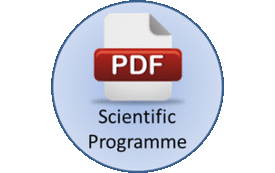
Peter A Jackman
Sterne, Kessler, Goldstein & Fox PLLC, USA
Title: Lessons from IPRs involving biomass-related patents
Biography
Biography: Peter A Jackman
Abstract
Modern agriculture is being transformed by a confluence of advancing technologies. Agricultural biology, cell biology, genome and proteome research, gene sequencing, and gene editing technology like CRISPR is reshaping agriculture to face the challenges of an expanding global population, climate change, and a finite natural resource base. Patents provide the infrastructure to protect innovation and enable technology progress in the area of agriculture, particularly biomass. According to data obtained from the US Patent and Trademark Office, patenting in agricultural technologies has increased steadily over the past few decades. For many years, the only way to challenge the validity of a patent was through protracted and expensive district court litigation. Inter parts review was introduced by the America Invents Act on September 16, 2012, and designed as an efficient alternative to district court litigation to challenge patent validity. Since its debut, IPRs have enjoyed widespread adoption across many industries. As of March 2018, more than 7,500 petitions have been filed. Although the total number and frequency of IPR petitions filed related to the biomass industry are relatively low compared to other industries, the data are interesting. To date, about 30 IPRs have been filed attacking plant utility patents. Given the IPR filing rate in the biotech industry, it is reasonable to believe that more patents in this sector will be challenged in the future. Patent owners who believe that their patents may be challenged in an IPR proceeding should consider adjusting their patent prosecution strategies accordingly. This presentation will provide an analysis of recent IPR filings related to the plant industry and discusses action steps based on lessons learned from these proceedings to further strengthen patent portfolios in view of IPRs.

